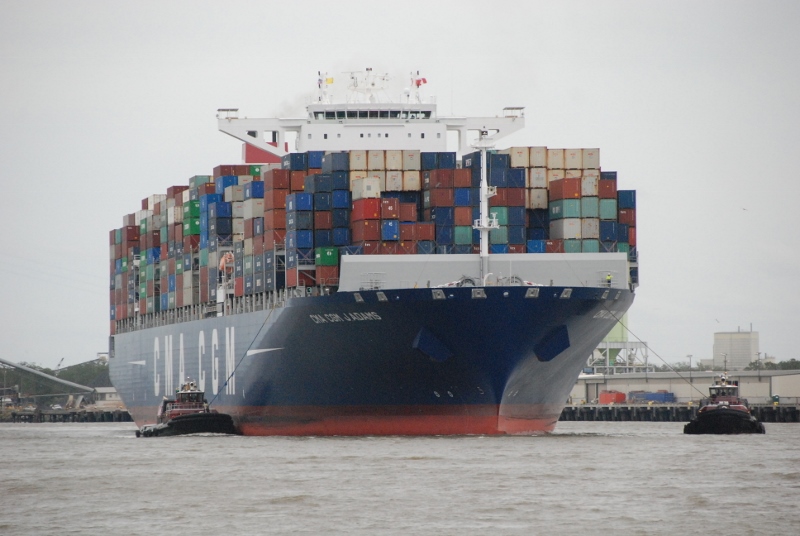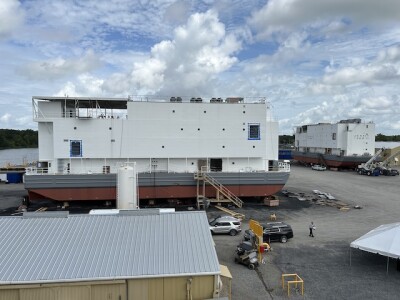The harbor services industry is starting off the new year with a gift from Congress.
Not long before adjourning for the holidays, lawmakers approved legislation that would resolve a problem that was infuriating tug operators who provide services to the big ocean carriers.
As a result of massive consolidations in the blue water industry that have placed power in the hands of fewer and larger shipping lines, these mega carrier conglomerates formed alliances that have tried to jointly negotiate contracts to purchase towing services. Several had filed agreements with the Federal Maritime Commission seeking collective negotiation authority.
The tugboat industry cried foul, and took its concerns to Congress, arguing that such practices are anti-competitive and would force them to accept non-compensatory rates for their services.
The industry told lawmakers at a 2017 hearing that large carrier groups wielding a concentration of bargaining power can push down rates for harbor services to unsustainable levels, which would disrupt and disadvantage their business and could deter future investments in maritime terminals and port infrastructure. Tug operators also said this would be a highly unfair practice, as they have no similar ability to take collective action.
Over the past year, Congress has been working on ways to address the issue by updating the U.S. Shipping Act of 1984.
In passing the Federal Maritime Commission Authorization Act of 2017, Congress amended that law to explicitly bar ocean carriers from jointly negotiating the rates and services provided within U.S. ports by towing vessels. It also mandates active FMC oversight of ocean carrier alliances, and gives the commission and federal courts specific tools and remedies to stop carriers from colluding over pricing. The law was signed by President Trump on Dec. 4.
“The provision ensures balance and fairness to the commercial relationship between harbor service providers and their ocean carrier customers,” Jennifer Carpenter, executive vice president and chief operating officer of the American Waterways Operators, which representing the U.S. towing industry in Washington, told WorkBoat recently.
“Despite concerns raised by the industry that doing so was beyond the authority of the Shipping Act of 1984, the FMC previously chose to extend antitrust immunity for global carrier alliances to jointly negotiate when purchasing services from U.S. operators.,” she added. “Under U.S. law, those towing vessel operators had no similar ability to join together when negotiating with the carriers.”
For their part, carriers said that they weren’t colluding, but just cooperating as a means to survive in a very tough international shipping market. In the past, U.S. maritime authorities have been lenient on the subject, believing that new efficiencies brought on by consolidation benefited U.S. consumers and the economy, and that collective practices didn’t harm American ports, exporters or importers, while not considering U.S. tugboat operators.
Changes to the Shipping Act will remove this threat to operators by assuring that attempts at collective bargaining by the ocean lines will be stopped before they can start.





